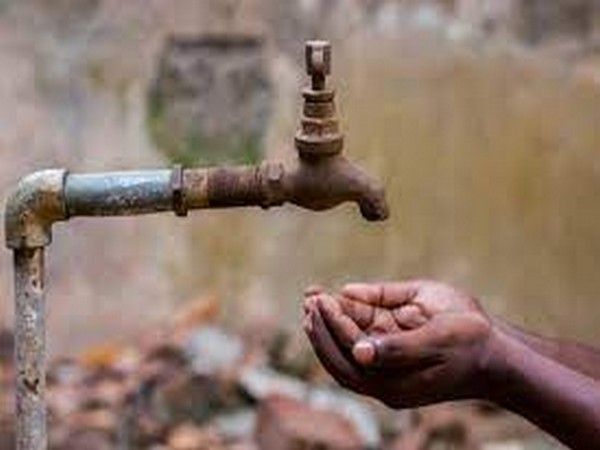
January 22, Islamabad, Pakistan: The Senate saw a contentious discussion on Tuesday over the Pakistani government’s proposal to divert water from the Indus River for corporate farming. Lawmakers from all parties urged that the issue be settled at the Council of Common Interests (CCI), according to Dawn.
Sherry Rehman, a legislative leader in the Senate and vice president of the Pakistan People’s Party (PPP), criticized the plan to build six additional canals without first contacting the appropriate parties. She questioned why the administration remained silent on contentious projects when speaking on an adjournment motion.
“If the caretakers could not understand the meaning of green Pakistan, at least we should understand it,” she said, requesting confirmation that “half of Pakistan will not be made water-deficient for corporate farming.”
She requested that the administration let Sindh know if there were any requirements. “We need to be clear. This has to be resolved. She expressed disappointment that the CCI had not convened for 11 months and said, “There are constitutional forums to sort this out.”
Given that the province was already severely impacted by the “incompetence” of the Indus River System Authority (IRSA), Rehman said the PPP views this federal government action as a breach of Sindh’s rights.
She maintained that irrigating Cholistan’s arid territory may cause Sindh’s lush plains to become desertified, endangering livelihoods and agricultural output. According to Rehman, the proposal might result in widespread unemployment and the displacement of 20 million people.
Since her party was a member of the government coalition, Senate Opposition Leader Syed Shibli Faraz said he couldn’t comprehend the PPP leader’s complaints. “The administration has you as a key ally. Even the package of constitutional amendments was led by you. “You have the right to be heard,” he said.
He bemoaned the lack of institutionalization of the council and the lack of an organized secretariat, although pointing out that the CCI was the platform for resolving inter-provincial issues.
Since water distribution under the 1991 Water Accord already suffers limitations, Senator Kamran Murtaza, the legislative leader of JUI-F in the Senate, said that if extra water was available, no one would protest.
According to PPP Senator Jam Saifullah Khan, if the Council of Common Interests did not take up the matter of six additional canals, it would be brought before the Constitutional Bench of the Supreme Court. “The federation has four provinces, and any unilateral decision to build canals would have serious repercussions,” cautioned him.
According to Dawn, he went on to say, “If some forces are interested in this matter, they should be made to understand that don’t play with fire,” emphasizing the need to halt development on these canals right once.
The PML-N In support of his claim that provinces had the right to use their allotted water share, Senator Irfan Siddiqui cited the 1991 Water Accord. He maintained that the agreement permits Punjab to build canals using its portion.
PTI legislative leader Senator Ali Zafar echoed Sherry Rehman’s worries, pointing out that water shortage was a national problem made worse by overcrowding, climate change, and ineffective irrigation infrastructure.
Musadik Malik, the minister of water resources, denied the opposition’s allegations, saying that no connection canal, dam, or barrage is being built on the Indus River.
He said that the Dasu and Diamer-Bhasha dams were being built on the river; the latter’s development was authorized during the PPP’s tenure in 2009–2010.
“The adjournment motion did not stand its ground as all claims made are factually incorrect,” he said.
Using Punjab’s allotted water share under the 1991 agreement, he said, the Cholistan Canal is being constructed on the Sutlej River, drawing water from the Sulemanki Barrage in Punjab, Dawn reported.
“The perception that Sindh is being deprived of its due water share is incorrect,” Malik said.
Additionally, he said that a CCI meeting will be held shortly. Rehman, accompanied by representatives from Sindh and Balochistan, asked that the issue be sent to the appropriate committee for more clarification. She also insisted on a set date for the postponed CCI meeting.